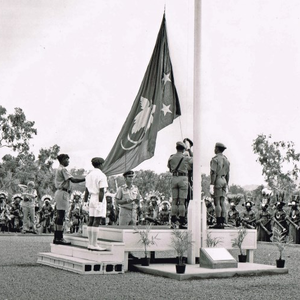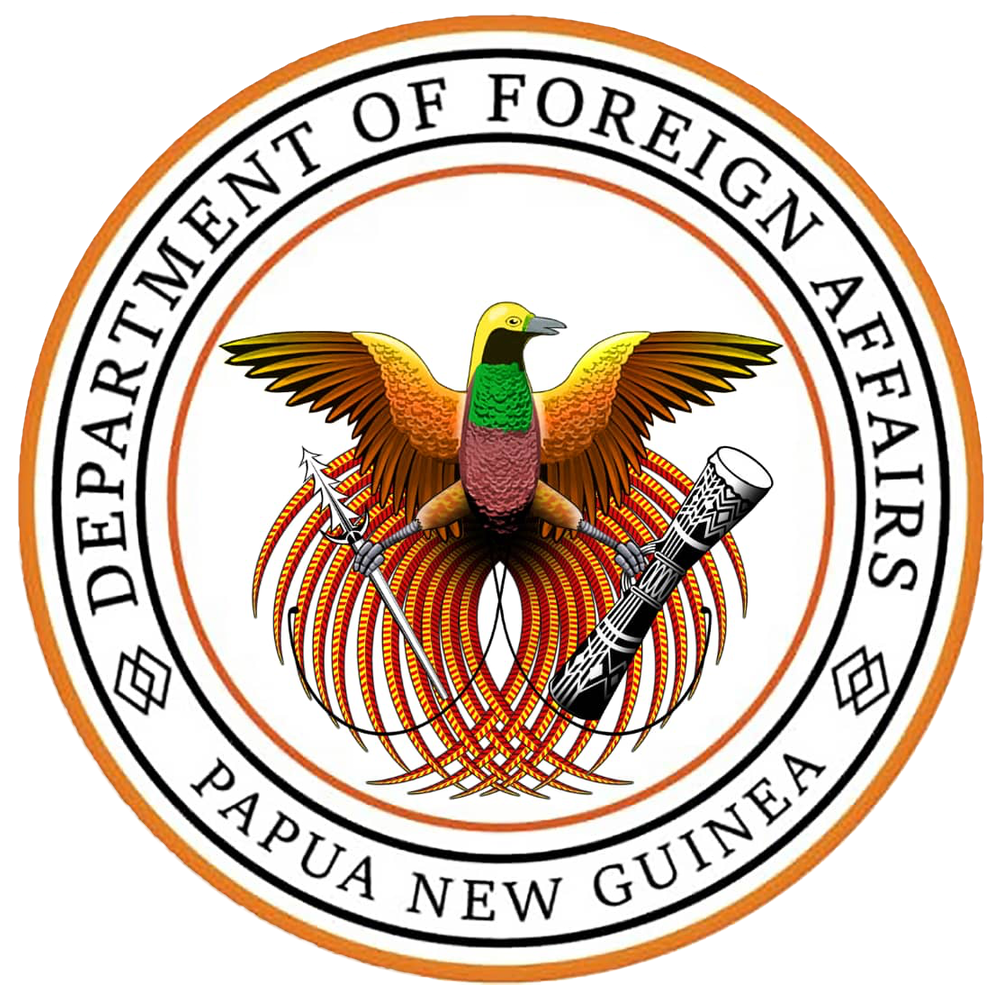About PNG: Health and Welfare
The health and welfare sector in Papua New Guinea (PNG) faces both opportunities and challenges as it strives to meet the diverse healthcare needs of the population across this geographically complex nation. The healthcare system is characterized by a mix of public and private services, with challenges including limited infrastructure, shortages of healthcare professionals, and accessibility issues, particularly in remote areas.
Maternal and child health remain focal points in PNG's health sector. Efforts have been made to improve maternal healthcare services, including antenatal care and skilled attendance during childbirth, to address high maternal mortality rates. Immunization programs and initiatives to combat infectious diseases such as malaria and tuberculosis are critical components of public health efforts in the country.
The provision of healthcare in rural and remote areas is a persistent challenge, often exacerbated by geographical barriers and a lack of adequate transportation infrastructure. The government, in collaboration with international partners and non-governmental organizations, is working towards strengthening healthcare delivery systems in these areas, including the training and deployment of community health workers.
Mental health is gaining recognition as an essential component of overall well-being, and efforts are underway to destigmatize mental health issues and integrate mental health services into the broader healthcare system. Substance abuse, particularly related to alcohol, poses additional challenges, and targeted interventions are being developed to address these issues within a public health framework.
Welfare programs in Papua New Guinea aim to address social issues and provide support to vulnerable populations. These programs include initiatives to alleviate poverty, improve access to education, and empower women. Challenges persist, and the government is working to enhance the effectiveness of social welfare programs through targeted policies and interventions. Additionally, community-based and traditional support systems play a vital role in providing welfare services, reflecting the cultural and community-oriented approach to social support in Papua New Guinea.
Ongoing efforts focus on building a resilient and comprehensive health and welfare sector that can meet the diverse needs of the population across this dynamic and culturally rich nation.

